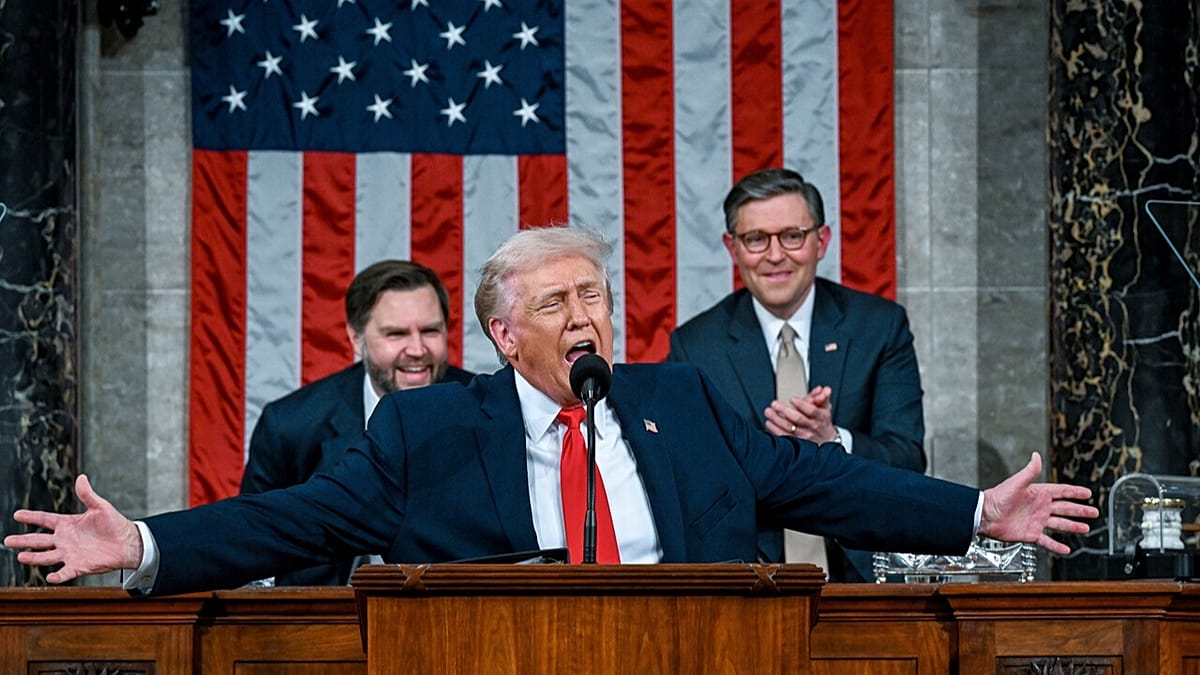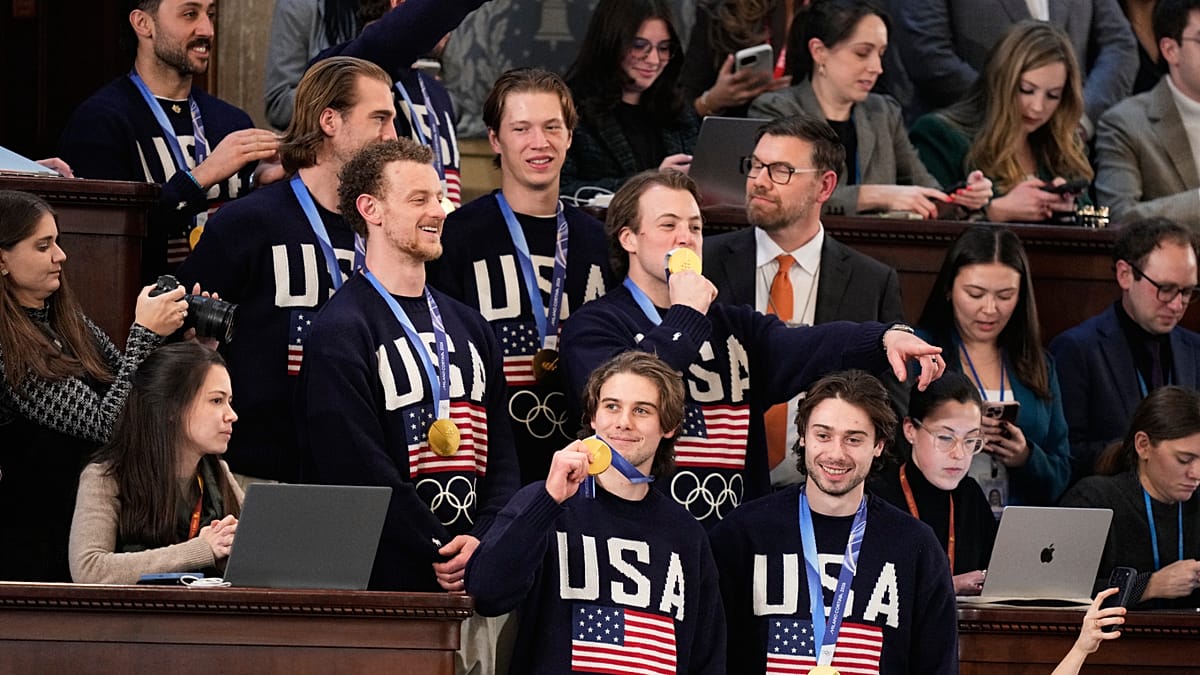The Legacy of Franz Beckenbauer and His Era on the Bundesliga

How Der Kaiser redefined football, leadership, and the identity of German football’s greatest league
Few figures in football history embody elegance and authority quite like Franz Beckenbauer. Known universally as Der Kaiser, Beckenbauer was more than a player; he was a symbol of intelligence, composure, and control both on and off the pitch. His influence shaped the Bundesliga during its rise in the 1960s and 70s, helping transform it from a regional competition into a globally respected league.
Beckenbauer’s era wasn’t just about one man’s brilliance. It was a turning point for German football culture, tactics, and professionalism—a golden age that still defines the Bundesliga’s identity today.
Beckenbauer’s Rise and Reinvention of the Game
When Beckenbauer debuted for Bayern Munich in 1964, German football was still finding its rhythm in the post-war years. What set him apart was his intelligence in reading the game. Positioned initially as a midfielder, he evolved into the libero—a free-roaming sweeper who turned defence into art.
His interpretation of the role was revolutionary. Beckenbauer didn’t simply clear the ball; he initiated attacks, dictating tempo and balance. The Bundesliga, influenced by his success, became a breeding ground for tactical sophistication. Managers and players across Germany began to emulate his cerebral style, redefining how football could be played from the back.
The Bayern Dynasty and Bundesliga Dominance
The 1970s were Bayern Munich’s decade, and Beckenbauer was its figurehead. Alongside Sepp Maier and Gerd Müller, he led the club to three consecutive European Cups (1974–1976) and multiple Bundesliga titles. Their success marked a shift: German clubs began to dominate Europe, showcasing tactical discipline and mental fortitude.
Bayern’s rise mirrored the Bundesliga’s professionalisation. Clubs invested more in training, youth development, and international scouting. The league became synonymous with consistency, structure, and efficiency—all values personified by Beckenbauer’s calm authority.
Leadership Beyond the Pitch
Beckenbauer’s leadership wasn’t confined to the field. As captain, he embodied respect and restraint, setting standards that would influence generations of German players. Later, as a manager, he guided West Germany to World Cup victory in 1990, closing the circle of his footballing journey.
His voice also helped shape the Bundesliga’s global image. Beckenbauer became a diplomat for the league, advocating fair play and professionalism in an era when football’s commercial and international dimensions were rapidly expanding.
The Bundesliga’s Tactical and Cultural Shift
Beckenbauer’s era established the Bundesliga as a tactically mature and globally admired competition. His influence contributed to a generation of coaches who valued structure and adaptability—traits evident in figures like Ottmar Hitzfeld, Jupp Heynckes, and later, Julian Nagelsmann.
The emphasis on defenders who could build play, goalkeepers as sweepers, and the fluid transition between defence and attack can all be traced back to Beckenbauer’s innovation. His legacy also shaped the league’s identity: confident, methodical, and forward-thinking, yet rooted in discipline.
A Lasting Symbol of German Football
Even decades later, Beckenbauer’s image remains inseparable from the Bundesliga’s rise to prominence. His era gave the league its credibility and character, its sense of order and ambition. When modern stars like Mats Hummels or Joshua Kimmich step onto the pitch, they inherit a lineage built on Beckenbauer’s blueprint.
He showed that football could be both creative and clinical, emotional yet intelligent. In that balance lies the essence of the Bundesliga—its beauty in precision.
Legacy and Reflection
Franz Beckenbauer’s impact transcends trophies and accolades. He gave German football a philosophy: that success begins with thought before action. His era brought professionalism, tactical evolution, and cultural pride to the Bundesliga, leaving an imprint that time has not diminished.
The league’s strength today—its competitive depth, tactical clarity, and steady global appeal—owes much to the standards he set. The Bundesliga became not just a football competition but a reflection of Beckenbauer’s ideals: discipline with flair, intelligence with confidence, and a respect for the game that never fades.














































